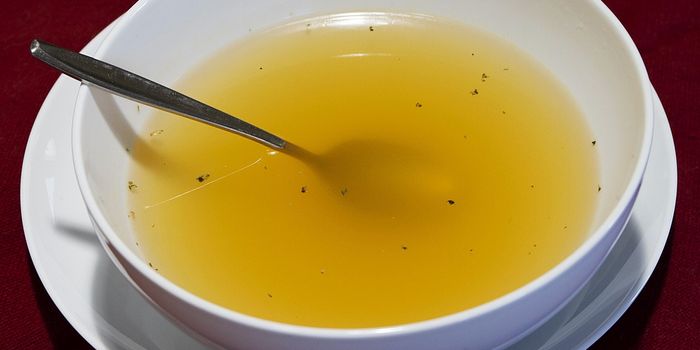B Cells Empower Vaccines to be Effective Long-Term
An unexpected interaction between regulatory immune cells and antibody-producing plasma cells surprised scientists, but this communication seems beneficial for the immune system’s ability to protect the body from infection.
From the University of Pennsylvania, researchers visualized the response of plasma cells to a parasite called Toxoplasma gondii, which causes a disease called toxoplasmosis that is especially dangerous to pregnant women and individuals with compromised immune systems. High-resolution microscopy technology provided them an inside view into live cells, where they saw plasma cells participating in some strange behavior.
Precursor B cells give rise to plasma cells, which are responsible for producing antibodies and conferring protection against infection. During exposure to T. gondii, researchers saw plasma cells from bone marrow tissue in mice disappear only to return later when the parasitic infection was under control.
“We don’t know whether these cells leave the bone marrow or die there during infection, but, either way, they are gone,” said co-leader of the study, Arielle Glatman Zaretzky. “And that set up a great system to understand what kinds of cellular interactions normally create the hospitable environment and allow the plasma cells to remain there.”
They later saw that regulatory T cells (T regs) levels declined in a similar fashion to the plasma cells in response to parasitic infection, which is when they first realized the collaborative connection between T regs and plasma cells.
This connection was thought to be that T regs were making the bone marrow “comfy” for the plasma cells, ensuring the environment was appropriately tuned for plasma cell flourishing. Without T regs, plasma cells cease to exist.
“This interaction was completely unanticipated,” said senior author Christopher A. Hunter. “If we can understand what controls these long-lived plasma cells, the maybe we can augment that interaction, making more plasma cells to, for example, enhance vaccine efficiency. Or if you want to limit autoimmunity or cancer, maybe there is an opportunity to disrupt this niche to mitigate some of these conditions.”
Both T regs and plasma cells also interact with dendritic cells, which scientists believe also promotes plasma cell survival. The present study was published in the journal Cell Reports.
Sources: Nature Reviews Immunology, Centers for Disease Control and Prevention, University of Pennsylvania









